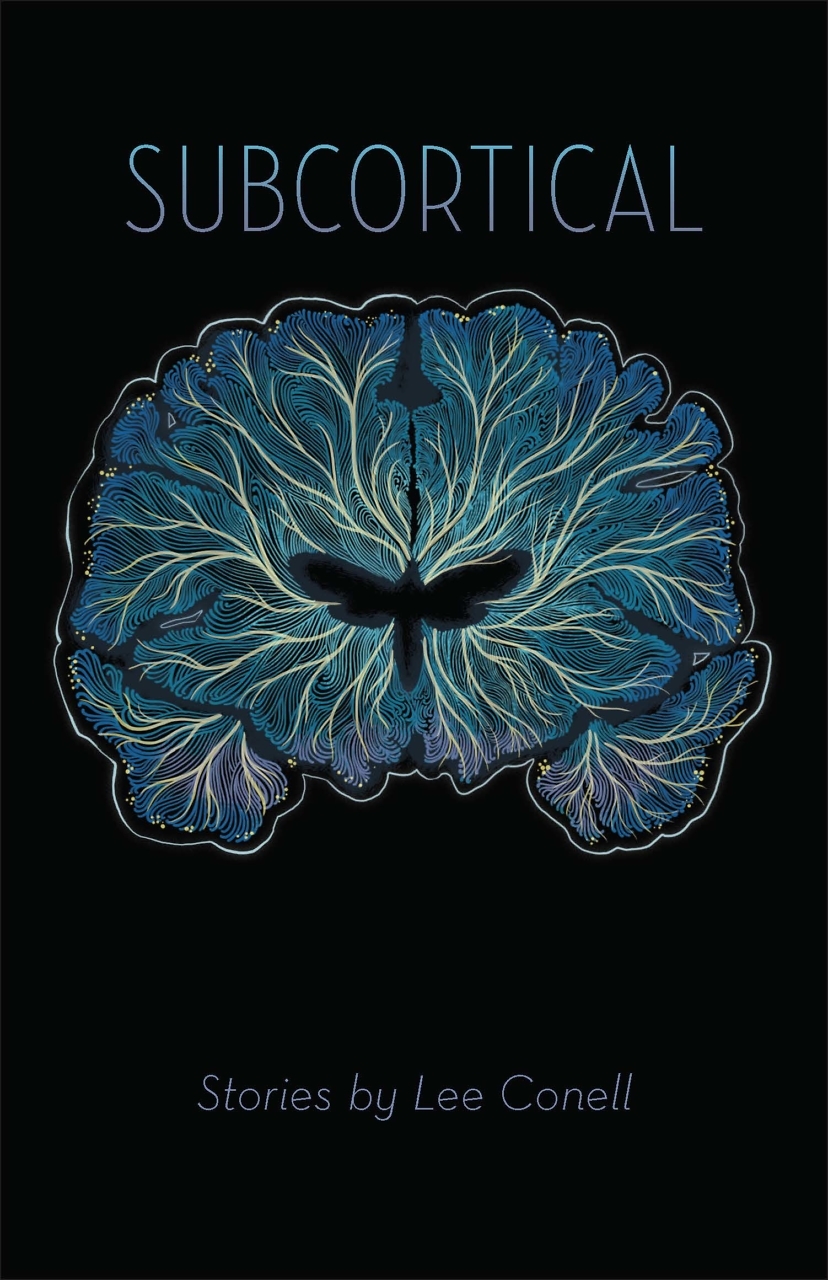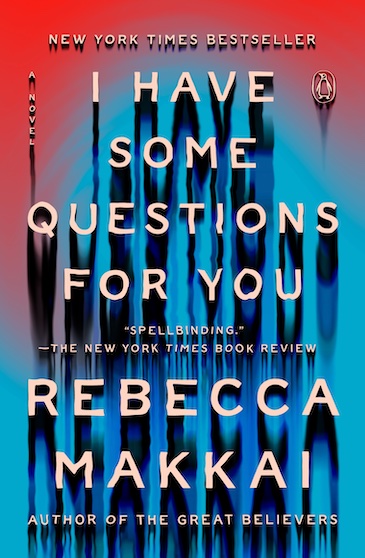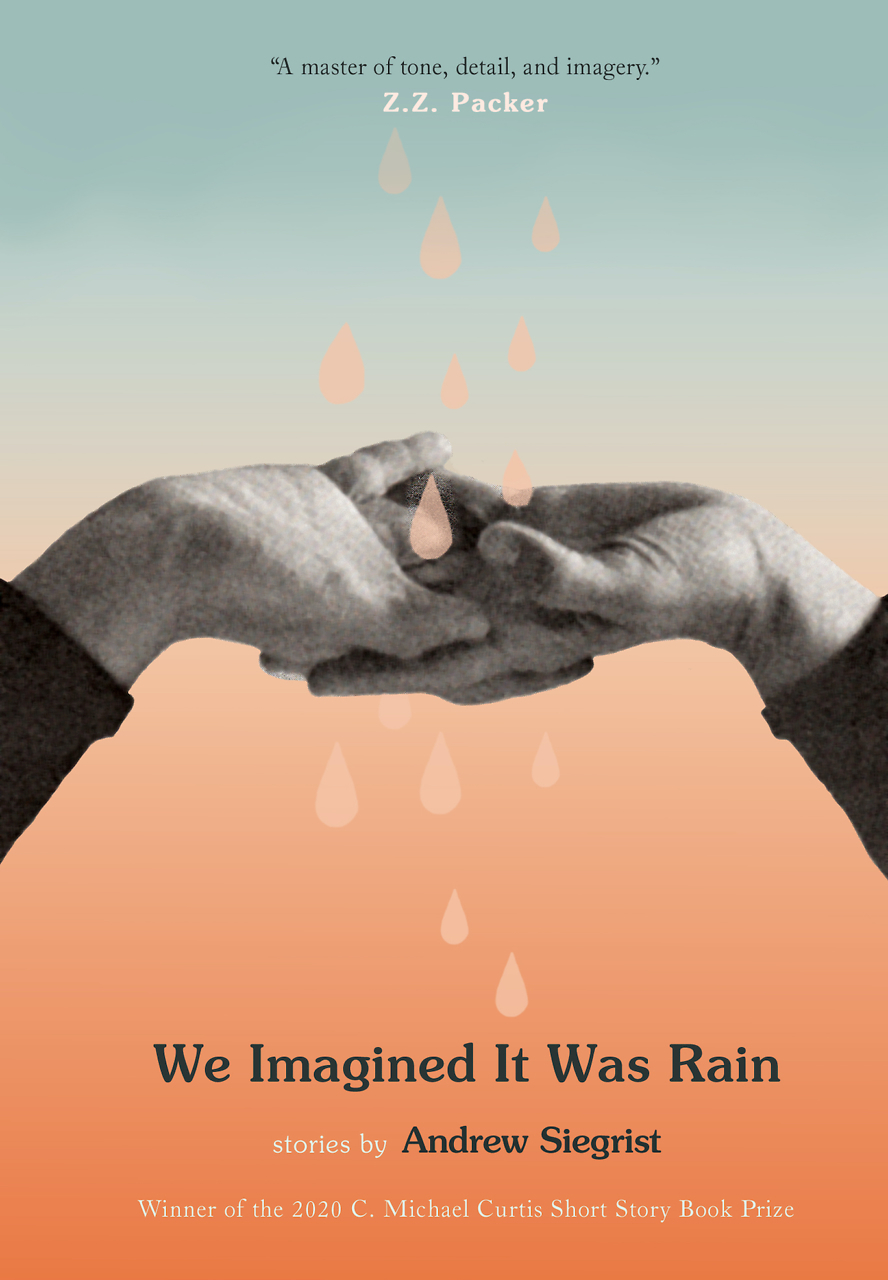A Lover’s Quest
Brandy Wilson’s The Palace Blues tells a story of a Prohibition-era lesbian romance
When we first meet Frankie, the seventeen-year-old narrator of Brandy Wilson’s debut novel, The Palace Blues, she’s living in the “dusty, flat, and dry” South Side of 1920s Chicago, toiling for the summer in her uncle’s grocery store and longing to escape to the city’s nighttime world of speakeasies and wild music. Frankie’s parents down in Texas are respectable, Bible-thumping white folks who expect their good girl to wear a corset, mind her elders, and marry a good boy at the first opportunity.
 But Frankie has no interest in respectability, and she’d rather pass for a boy than marry one. When she sneaks into a nightclub and lays eyes on African American blues singer Jean Bailey—“tough and beautiful, loud and in control”—she is struck by a desire so fierce it overwhelms her, leading her to make choices that put her irretrievably outside the category of good girl.
But Frankie has no interest in respectability, and she’d rather pass for a boy than marry one. When she sneaks into a nightclub and lays eyes on African American blues singer Jean Bailey—“tough and beautiful, loud and in control”—she is struck by a desire so fierce it overwhelms her, leading her to make choices that put her irretrievably outside the category of good girl.
Frankie is smart and independent but also—at least in the beginning—naïve and as impulsive as a child. When she learns that Jean Bailey and her companions have rented a room above the grocery, she can’t resist sneaking in on the sleeping women. She’s entranced by Jean’s voluptuous body: “Her body, all of it, naked as she was, was big and billowing, smooth and full of curves, dips, and crevices.” Frankie’s uncle catches her in this act of voyeurism and suddenly has a new understanding of his niece’s tomboy ways. He threatens to send her to a sanitarium “to get you straightened out,” but Frankie goes running to Jean, who, quite taken with the “little bull,” invites her to ride along on her tour. When they get separated instead, Frankie sets out to catch up with the singer, a journey for which Frankie is ill-equipped, in more ways than one.
 In addition to being a coming-of -age/coming-out story and an unsentimental romance, The Palace Blues is a road novel—or, more accurately, a road-and-rail novel since much of the travel happens by train. Frankie goes first to St. Louis, where she loses some of that naiveté, as well as all her money, and then to Memphis and points south, meeting an assortment of misfits, outcasts, and exploiters along the way. Her trip is a guided tour of louche life in the Prohibition-era South, replete with sensuality, racism, violence, and hypocrisy.
In addition to being a coming-of -age/coming-out story and an unsentimental romance, The Palace Blues is a road novel—or, more accurately, a road-and-rail novel since much of the travel happens by train. Frankie goes first to St. Louis, where she loses some of that naiveté, as well as all her money, and then to Memphis and points south, meeting an assortment of misfits, outcasts, and exploiters along the way. Her trip is a guided tour of louche life in the Prohibition-era South, replete with sensuality, racism, violence, and hypocrisy.
Brandy Wilson, who teaches English at the University of Memphis, has created an endearing heroine in Frankie, and even though the outlines of Frankie’s story are grim, her passion and optimism make the novel a vibrant, engaging read. She’s the sort of character you hate to turn the last page on, and it would be a pleasure to see her pop up again in Wilson’s future work.
Jean Bailey is obviously Wilson’s loving tribute to Bessie Smith, Bessie Tucker, and other great black singers of the era, but she’s also a fully developed character here, complicated and formidable. There’s a wonderful sensuality in Wilson’s writing, and the book has some of the easy pleasure of a genre romance, but nothing is prettied up. Wilson deftly reminds us of the hate that haunts these women’s lives and keeps them always a little wary, even while they live and love for all they’re worth.

Maria Browning is a fifth-generation Tennessean who grew up in Erin and Nashville. A graduate of Mount Holyoke College, she has attended the Clothesline School of Writing in Chicago, the Moss Workshop with Richard Bausch at the University of Memphis, and the Sewanee Writers’ Conference. She lives in White Bluff.


